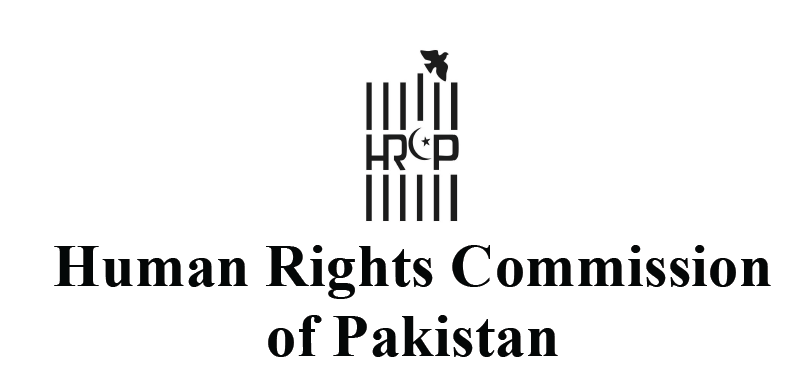
Pakistan was founded as a homeland for the Muslim minority of the South Asian subcontinent but over the decades it has become a country where only the privileged few have any rights. Of all the minorities in Pakistan, it is women who have often faced the brunt of the state’s wrath.
The Human Rights Commission of Pakistan (HRCP) recently issued a statement expressing its concern over the lack of transparency surrounding the detention of women associated with the PTI, who were arrested following the 9 May riots. “It has now been over three months since they were arrested and it is not clear how many women are currently in jail, what they have been charged with, where they have been detained, which courts they are to be presented in and whether challans have been issued for their remand. This situation is unacceptable.”
The HRCP reminded the state that “under Section 167 of the Criminal Procedure Code, women cannot be remanded into state custody except in cases of serious crimes. The state is duty-bound to ensure that the detention of any citizen follows not only legal procedure, but that details of their detention are publicly available so that their right to due process can be protected.”
The HRCP observed “that such treatment has, historically, been meted out to political workers of parties that fell out of favour with state institutions. This cycle must end now.”
Finally, the HRCP also expressed deep concern over “allegations that former prime minister Imran Khan is being detained in Attock Jail in conditions that violate the Pakistan Prison Rules 1978. The Punjab Prisons Department must investigate these allegations and ensure that Mr Khan receives the facilities to which he is entitled according to his prison class.”
![]()





